Attracting another car manufacturer to the UK is going to be critical if we’re going to persuade morer suppliers to “reshore” and bring more manufacturing to the UK, according to Bentley head Adrian Hallmark.
“The UK isn't anywhere near competitive enough to be part of the global supply base,” Hallmark said bluntly in a conversation with Autocar.

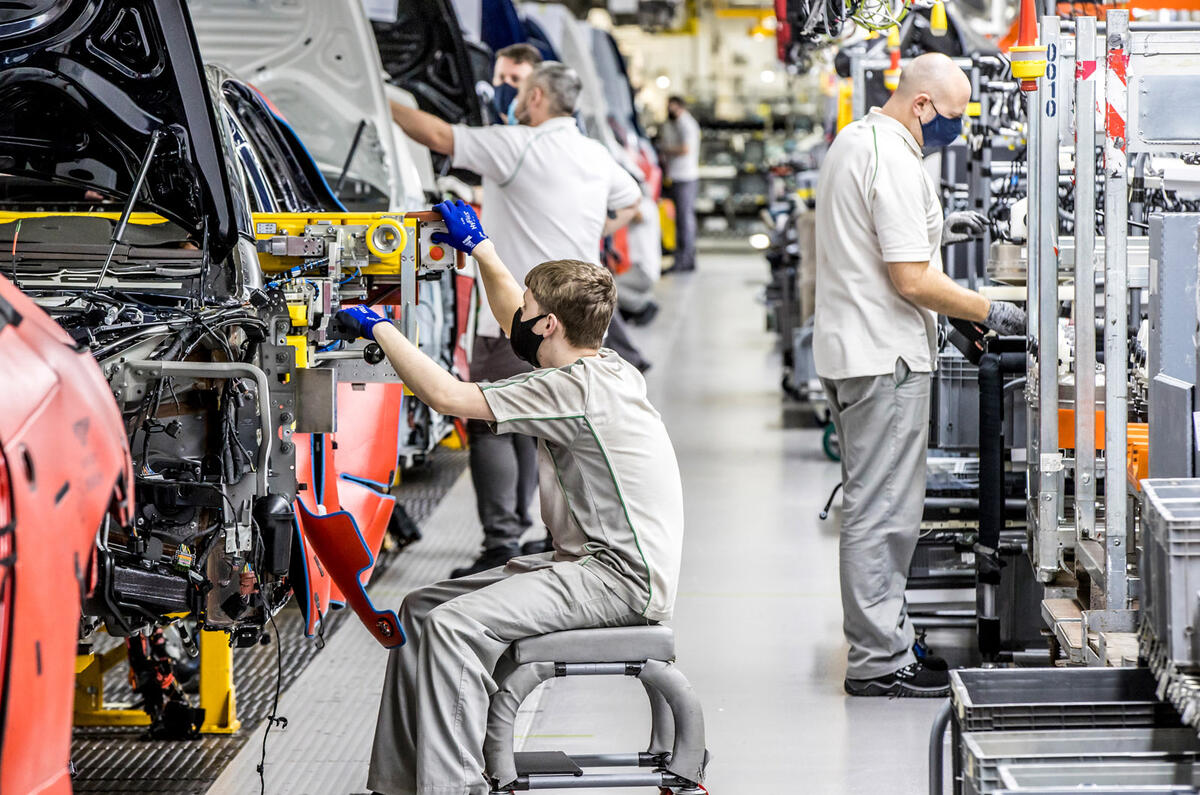
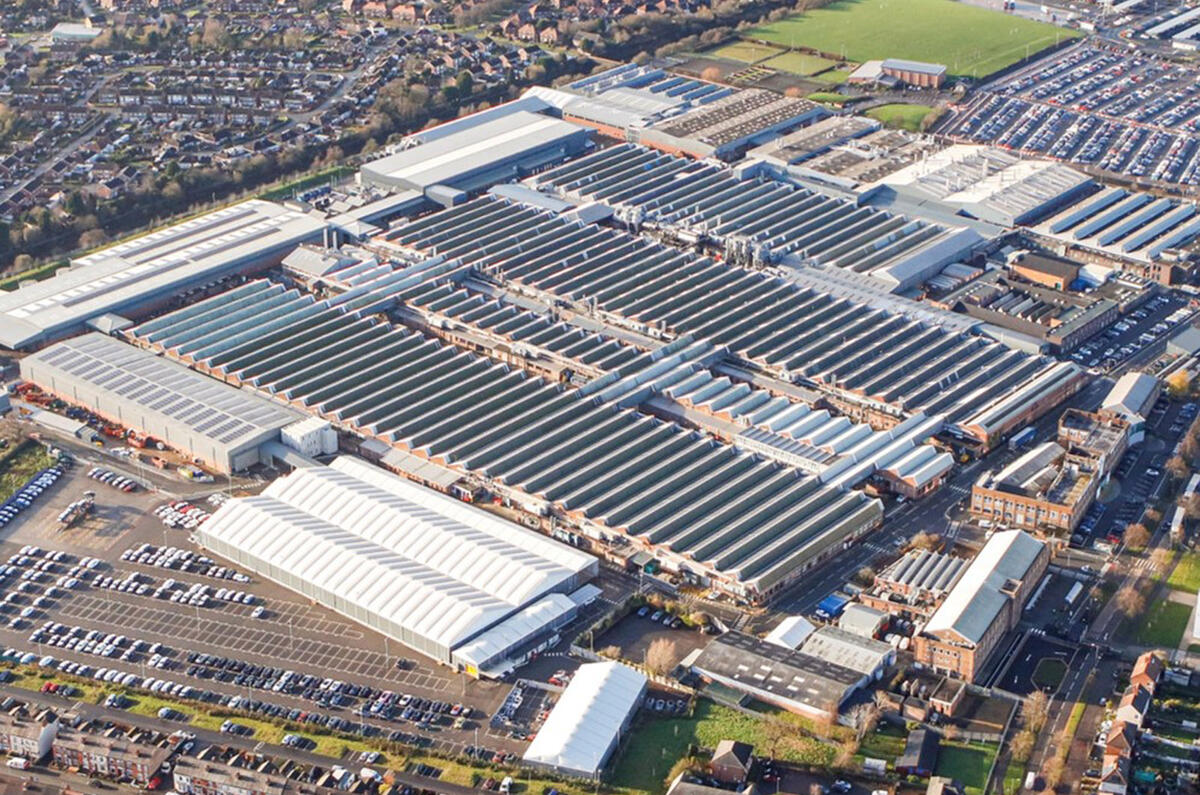
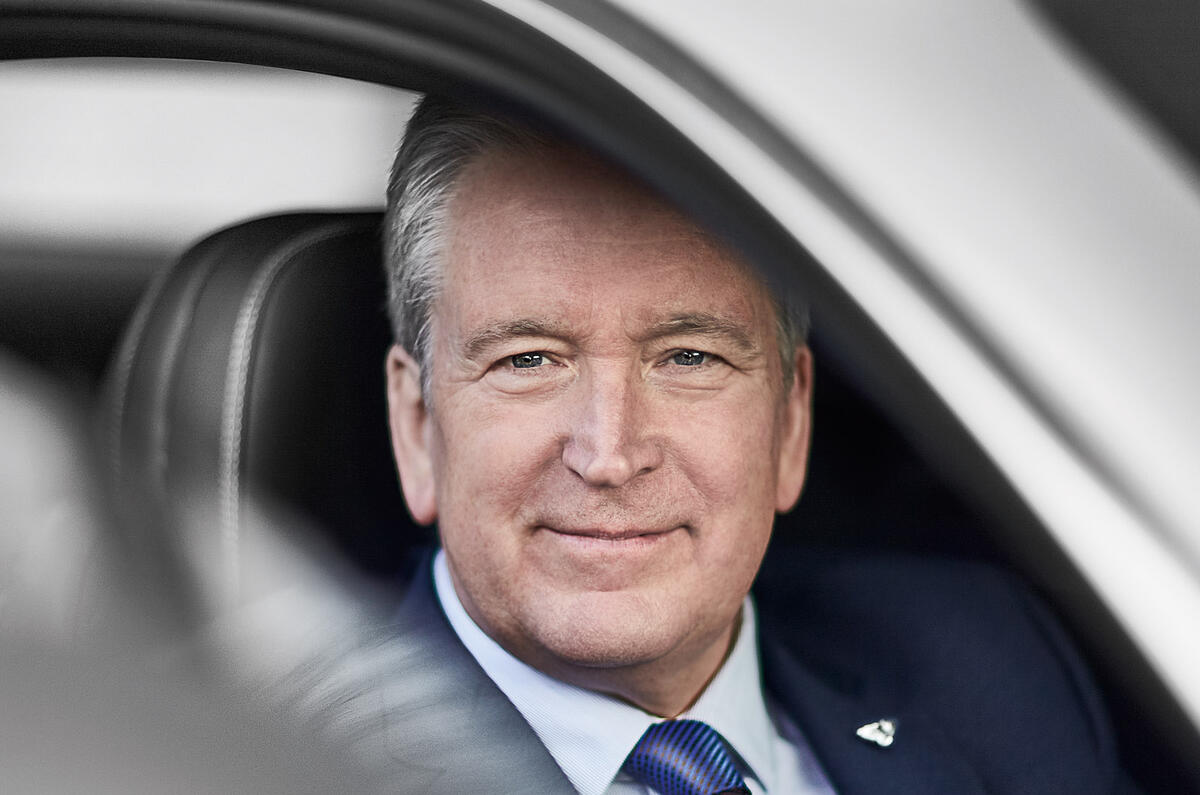

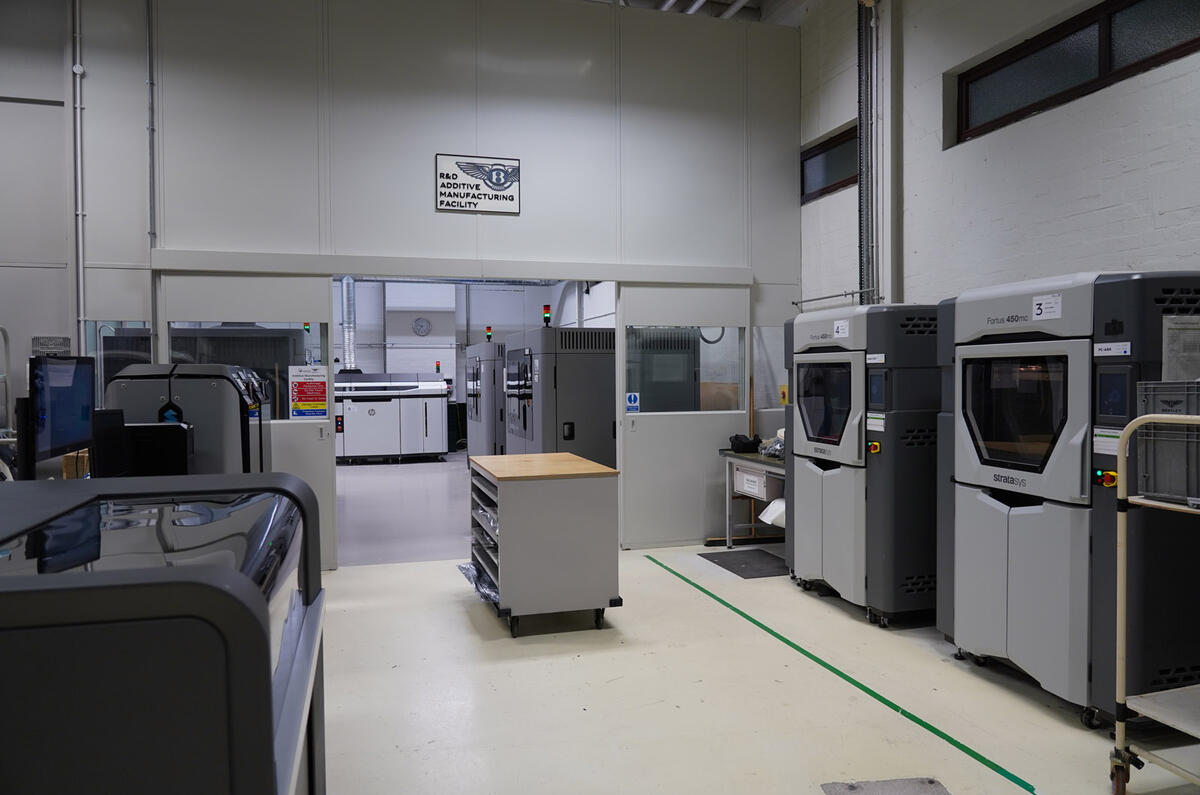
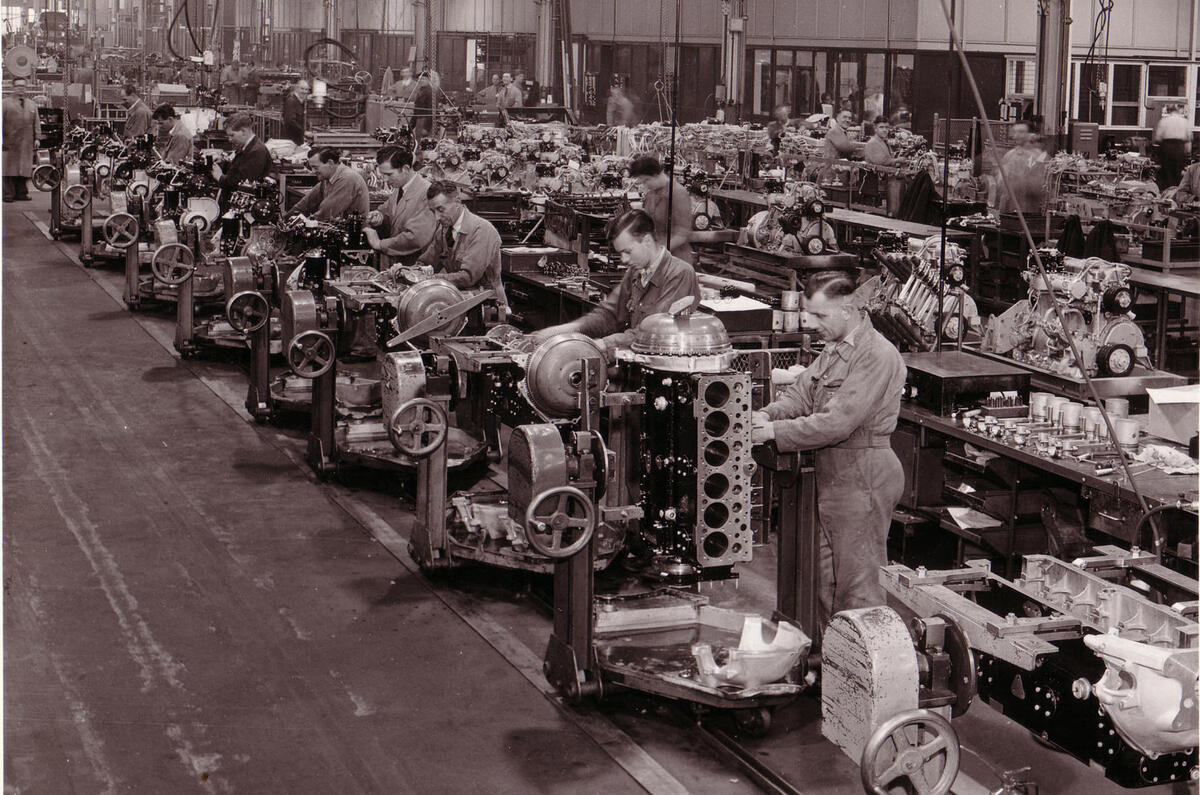
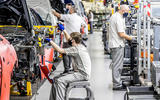
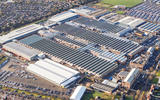



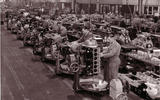


Add your comment